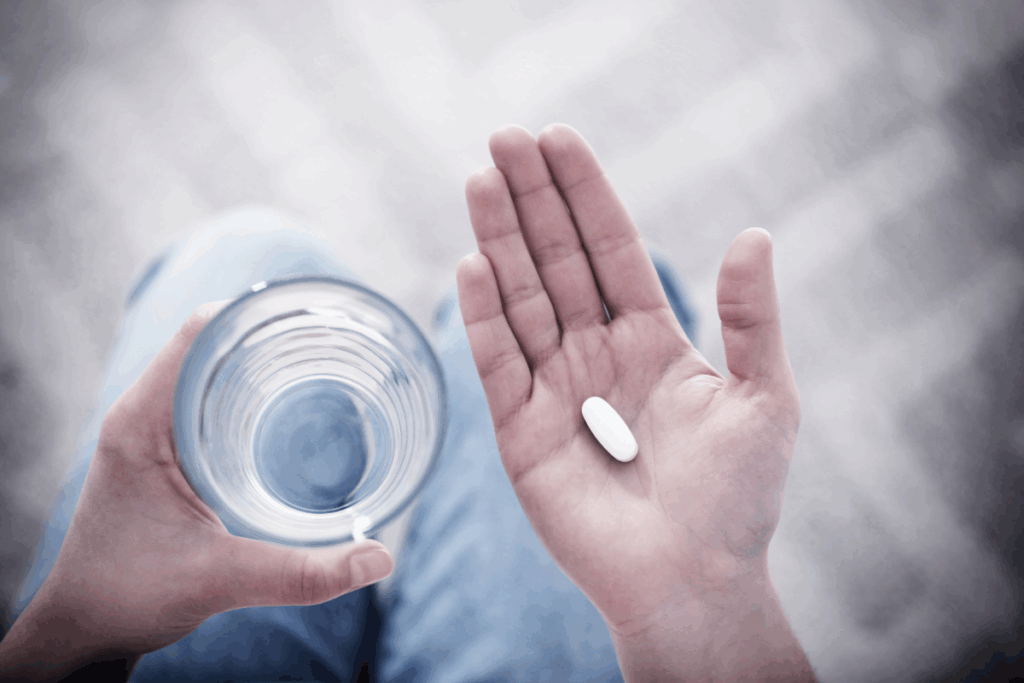
Transcranial magnetic stimulation (TMS) can change the course of depression and other psychiatric conditions when medications and therapy alone have not been enough. Finishing an acute course of TMS often brings relief — but the next question is practical and important: how can that improvement be sustained? The post-treatment phase is not a passive “wait and see” period. Small, intentional changes in sleep, diet, activity, stress management and follow-up care can help preserve gains and reduce the chance of relapse.
Why Focus On The Post-TMS Lifestyle?
Studies show that TMS produces durable benefits for many patients: meta-analytic data indicate sustained responder rates of roughly 50% up to one year after a successful induction course, and maintenance strategies appear to reduce relapse risk further. That means clinical response is common — but not guaranteed to last without active aftercare. Maintenance TMS (booster or tapering schedules) can be helpful for some patients, and lifestyle interventions are low-risk ways to boost resilience and functioning after treatment.

Sleep: The Under-Recognized Supporter Of Lasting Recovery
Sleep problems and depression are tightly linked. Interventions that improve sleep reduce depressive symptoms and may decrease the chance of recurrence. Cognitive Behavioral Therapy for Insomnia (CBT-I) is first-line for chronic insomnia and has durable effects — improving sleep often supports mood stability during the months after TMS. Practical targets after TMS include keeping a consistent sleep schedule, treating insomnia with CBT-I when appropriate, and avoiding late-night stimulants and screen use in the hour before bed.
Diet And Brain Health
Nutrition is not a cure, but dietary patterns affect mood. Trials and observational studies link Mediterranean-style diets and whole-food patterns with lower risk of depressive symptoms and better outcomes in people with mood disorders. After TMS, favoring a diet rich in vegetables, whole grains, legumes, fish, nuts and healthy fats supports overall brain health and may help maintain gains from neuromodulation. If weight, appetite or metabolic markers changed during illness, coordinate nutrition plans with a primary care provider or registered dietitian.
Physical Activity: Small, Consistent Movement Helps
Exercise is one of the best-evidenced lifestyle tools in depression care. Structured aerobic or mixed exercise programs reduce depressive symptoms and improve functioning when used alongside standard treatments. In the post-TMS period, the goal is consistency rather than intensity: regular moderate activity (for example, 20–30 minutes most days) supports mood regulation, sleep quality and cognitive energy — all factors that help sustain therapeutic benefit.
Mindfulness, Psychotherapy And Relapse Prevention
Therapies that teach relapse-prevention skills are powerful complements to TMS. Mindfulness-based Cognitive Therapy (MBCT) and ongoing cognitive-behavioral approaches reduce relapse risk for people with recurrent depression; MBCT in particular shows substantial reductions in relapse for those with multiple prior episodes. Maintaining regular psychotherapy (or booster sessions) after TMS helps translate neurobiological gains into lasting behavioral change.
Medication, Adherence, And Coordination Of Care

TMS is often part of a broader treatment plan that includes medications. Decisions about continuing, changing or tapering antidepressant medication should always be made with the treating psychiatrist. For many patients, continuing medication after a successful TMS course reduces relapse risk; for others, gradual changes are considered with close follow-up. Clear communication between patient, prescriber and the therapists is essential to avoid gaps in care.
Final Thoughts
Borderline Personality Disorder isn’t set in stone. Its emotional turmoil, impulsivity, and relational chaos can be deeply painful—but evidence-backed therapies offer clarity, safety, and change. Whether through DBT’s skills, MBT’s insight, ST’s deep restructuring, or other proven approaches, many people with BPD build stability, self-understanding, and lasting hope. The key is finding the right fit—and keeping faith that healing is possible.
Responsibly edited by AI
Other Blog Posts in
Animo Sano Psychiatry is open for patients in North Carolina, Georgia and Tennessee. If you’d like to schedule an appointment, please contact us.
Get Access to Behavioral Health Care
Let’s take your first step towards. Press the button to get started. We’ll be back to you as soon as possible.ecovery, together.





